The practice of “bacha posh,” literally translated as “dressed like a boy,” prevalent in Afghanistan, is a girl who is raised as a boy and projected that way to the world, in a society that hinders women’s freedom to be themselves and encroaches upon their rights.
In a society where women’s voices are muffled and they resort to silence, the novel traces the lives of women who try to steer their lives in the direction they want, subtly reclaiming power and exercising agency. Beneath the layers of domination exercised by the Taliban, “bacha posh,” emerges as an underground practice that is rarely covered by mainstream media.
A woman’s worth is determined by her ability to reproduce a son, it is the ultimate goal that she should attain, and if she fails to do so, her value is lost and buried in a land that was declared as the worst to reside in for a woman in 2011, where the birth of a son marks an occasion for celebration while that of a daughter becomes a cause of shame. The more families were interviewed, the more Nodberg navigated both the silence and lived experiences surrounding bacha posh.
Nordberg presents the impact of bacha posh with the same intricacy as she unravels the gendered politics of a war-torn country. For Afghan men, the distinction between the sexes ought to be fixed and rigid, only to be transgressed by the makeshift “bacha posh.” For the author, Afghan women do not merely constitute an issue, rather they are situated at the center of conflict.
A practice of gender-bending
The custom of bacha posh does not reflect the flexibility of gender but showcases the unwantedness and suppression of one gender in a segregated society. Adhering to an implicit practice of “don’t ask, don’t tell,” the bacha posh remains something akin to an enigma, a covert custom, highlighting how oppression operates in subtle ways in the country. The bacha posh are taught to dress, play, eat, and behave like a boy, and for those who don’t know, they are boys.
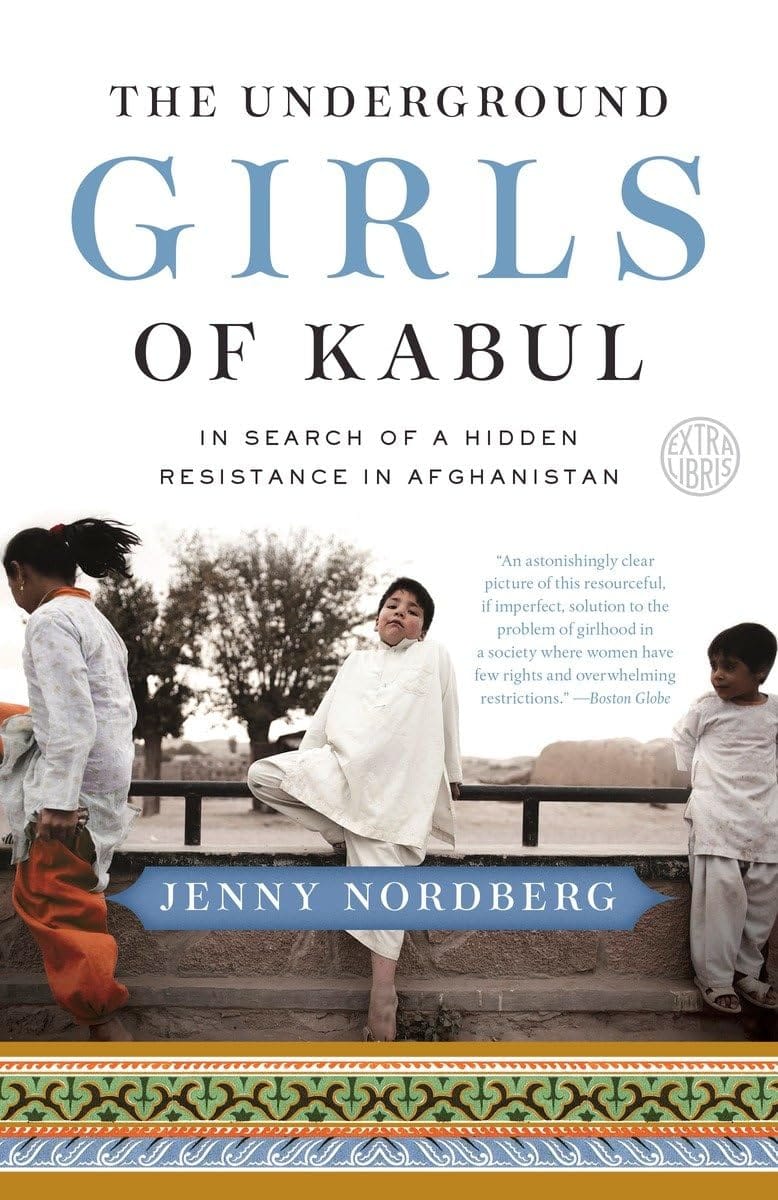
The causes behind the prevalence of the practice are varied. Sons signify economic security, in a country ravaged by war and poverty. Women who are already treated as second-class citizens witness further degradation in their status if they fail to deliver a son because sons are the emblem of high social standing, respect, financial strength and longevity. It is also practiced to uphold the honour of one’s family and land, as one elderly member of a family informed the author, “Our girls dressed as boys since the time when there were no weapons, only bows and arrows.”
An apparent male heir boosts Azita’s public and private reputation since she’s not only one who adopts the instrumental role of a bread earner but is the only one out of her husband’s two wives to have a son, in the absence of a “real son.” Families having no sons are stigmatised and women bearing only daughters are labelled as “dokhtar zai” while men are referred to as “mada posht” (men whose wives only produce daughters). The practice prevails just below the surface to effortlessly disguise a system of gender segregation.
Barriers to womanhood
Nordberg reveals a nexus between religion, culture and economics that pushes families to reconstruct the apparent identity of their daughters as sons, projecting the alarmingly low status that women occupy in the country. The concealed lives of Afghan girls are brought to the fore, veiled as boys until puberty, after which they are entrusted to renounce this “relative freedom” and embrace Afghan womanhood which infringes upon their personhood.
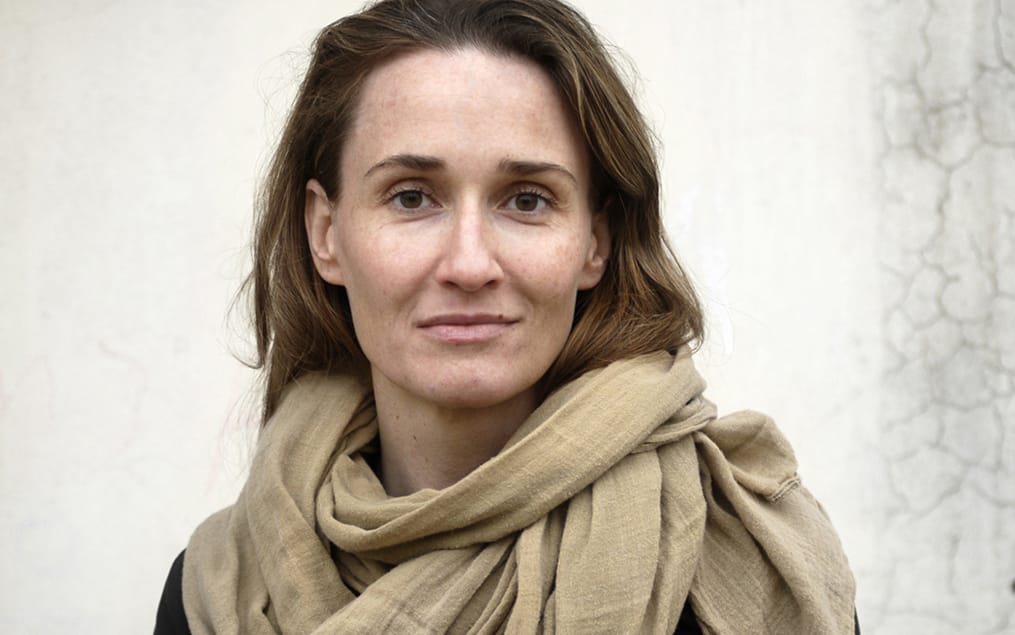
Women’s access to agency and autonomy in Afghanistan has been controlled by patriarchy within and beyond the private sphere. The novel is not an account of sexual orientation or cross-dressing, but inequality and power disparity. For women in Afghanistan, the goal is to become “mardan kheslat,” translating to “similar to a man.”
The author sheds light on Afghan men’s description of women as more gentle, caring, sensitive and less physically strong. When women were asked to do so, they mentioned only one point of difference: access to freedom, irrespective of their class position or educational level. Men are free. In this regard, Nordberg remarks, “A great many people in this world would be willing to throw out their gender in a second if it could be traded for freedom.”
Not born, but made
In “Gender Trouble: Feminism and the Subversion of Identity,” (1990), Judith Butler argues that gender is a social construction. Bacha posh are not born, they are constructed, the essence of which is captured in the author’s words, “but the patriarchal system, with the idea that women should be subordinate to men, and that sons are more valuable than daughters, was never a natural or God-given order that always existed.”
When visualising Mehran playing soccer, clad in a dusty shirt and shorts and sandals, with short spikes on her head and her eye on the ball in a wide field, not worried about appearing “presentable” or “pretty” or “shy“, one realises that becoming a bacha posh is an opportunity to be recognised as an individual, procuring the right to exist, disguising as an “honorable son.”
When Nordberg questions a woman whose sister is a bacha posh, as to why little girls are willing to assume a male identity temporarily, she replies, “It is the desire of every Afghan woman to be born as a man, to be free.“
Little freedoms that are not so little
Within a span of a day, Azita’s four daughters were reduced to three, her youngest girl became “Mehran,” a boy aged six, donning a pair of pants and a shirt from the bazaar, with “superstar” printed on the back complemented by short hair with spikes.
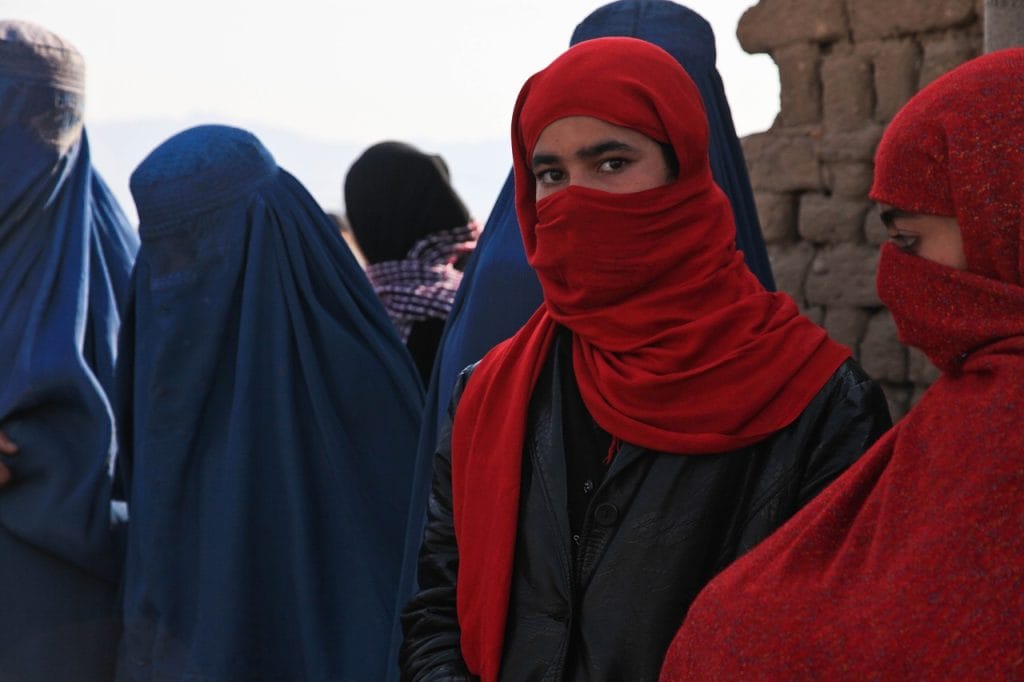
A progressive woman, raised in urban Kabul in the 1980s, Azita is an embodiment of both the dreams and dashed hopes of Afghani women. Prospering as a congresswoman, yet surviving in an abusive marriage with her cousin, she hopes to carve a space where women can exercise their will without fear. Azita highlights that there is a long way to go for women to be treated as individuals in the society she resides in, “I never want my daughters to suffer in the ways I have suffered.” They’re equated with servants, animals, anything but humans. For Azita, disguising daughters as sons is not only a means of succumbing to, but also challenging patriarchy, letting her daughter know what it feels like to be free, to speak without fear and glaring at people in the eye.
The practice allows girls to engage in economic activities and procure a livelihood for the family. For instance, the novel mentions Sakina, who attends school and works at a grocery store in a tunic, simultaneously. Hukmina, a woman who, aged 50, attacked the Soviet forces and resisted the Taliban, admits that “If I felt like I was a woman, I wouldn’t have been able to do these things.“
The bacha posh becomes the pride and honour of the family, liberated to accompany the women of the family in the public sphere as a mahram, run around freely, play football, climb trees, not wear a scarf, ride a bicycle, sit beside the driver in a car and on the dining table, to be heard when voicing one’s opinion and gain access to education.
To be a bacha posh is thus a privilege. Or is it? It is imperative to question the true essence of this liberation since it is a product of the masculinisation of women.
The other side of patriarchy
What happens when the bacha posh is robbed of all the privileges once accessible as a boy? Puberty marks an end to the journey into the liberty of masculinity.
Shukria, a nurse with three children asserted how it was difficult to transform “my thoughts and everything inside my mind all over again,” while Shahed, a sharpshooter yearns to remain disguised as a man into adulthood, defying traditional expectations to marry, believing that she is stronger and braver than men. Switching back to a feminine identity may also be arduous for those who identify as male and want to continue to do so.
Residing in a society where it is believed that it is better to have a daughter who assumes a male identity rather than not being “bestowed” with a son at all, the voice of Zahra echoes loud and clear, “All the work that men perform, women can too. I know it since I do it. Zahra asserts, “Some women can be men too, like me.“
Nordberg and Western gaze?
There is a clear contrast between the investigative and operative focus of the book, the former being the power disparity between Afghan men and women, while the latter being the gap between natives and occasional visitors of the country. In admitting that she does exactly what foreigners do – catching a flight and heading towards their home country, Nordberg highlights that Afghan women yearn for a fraction of the privilege she has had access to throughout her life. The gender disparity in Afghanistan stands in stark contrast to the relative parity in the West.
Nordberg reflects upon the fact that it may seem alien and backward to Western readers that women aren’t permitted to wear flowy skirts and flowers in their hair. To make sense of the oppression others are subjected to, sometimes it is necessary to analyse one’s privilege and the consequent complicity.
The novel traces the lives of those who are born as the undesirable sex but lead their life as the privileged “gender” till the onset of puberty, to be enveloped later by the clutches of matrimony and reproduction.
About the author(s)
Syeda Shua Zaidi is a student of B.A. (Hons) Sociology, at Miranda House. Passionate about poetry, filmmaking, heritage walks, social work and all things vintage, you would find her reading the works of Murakami, Khaled Hosseini and Agatha Christie while treating herself to a cup of tea. Firmly a believer of "disagreements are welcome, disrespect is not".
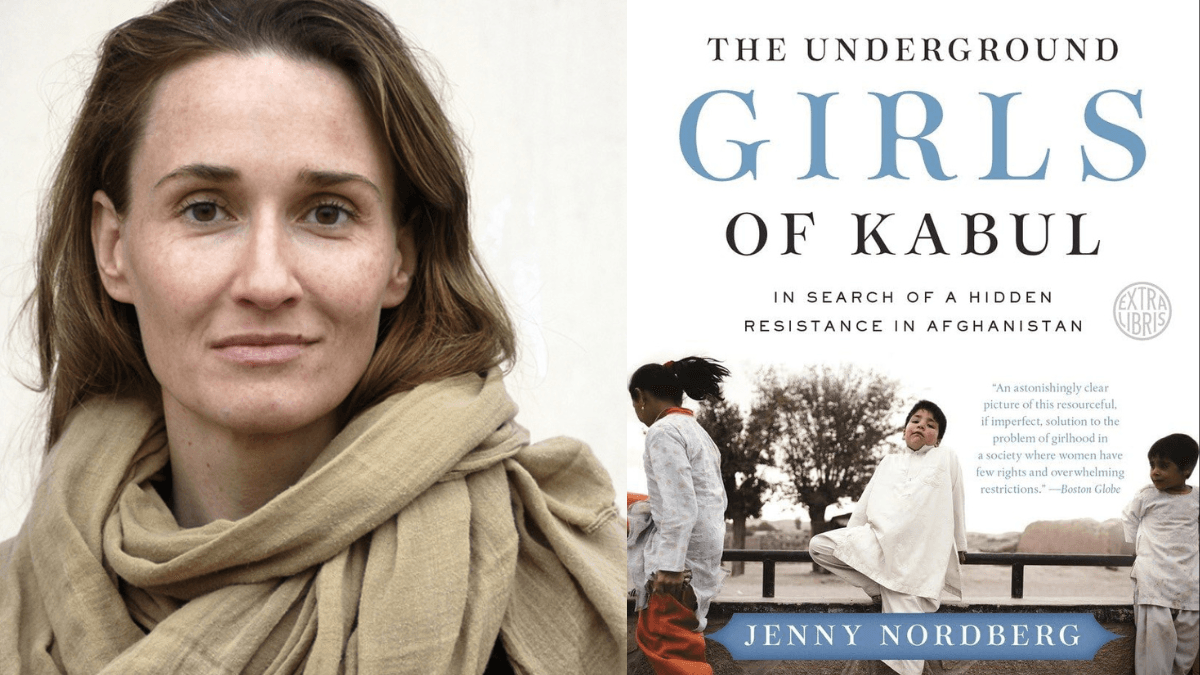
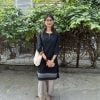
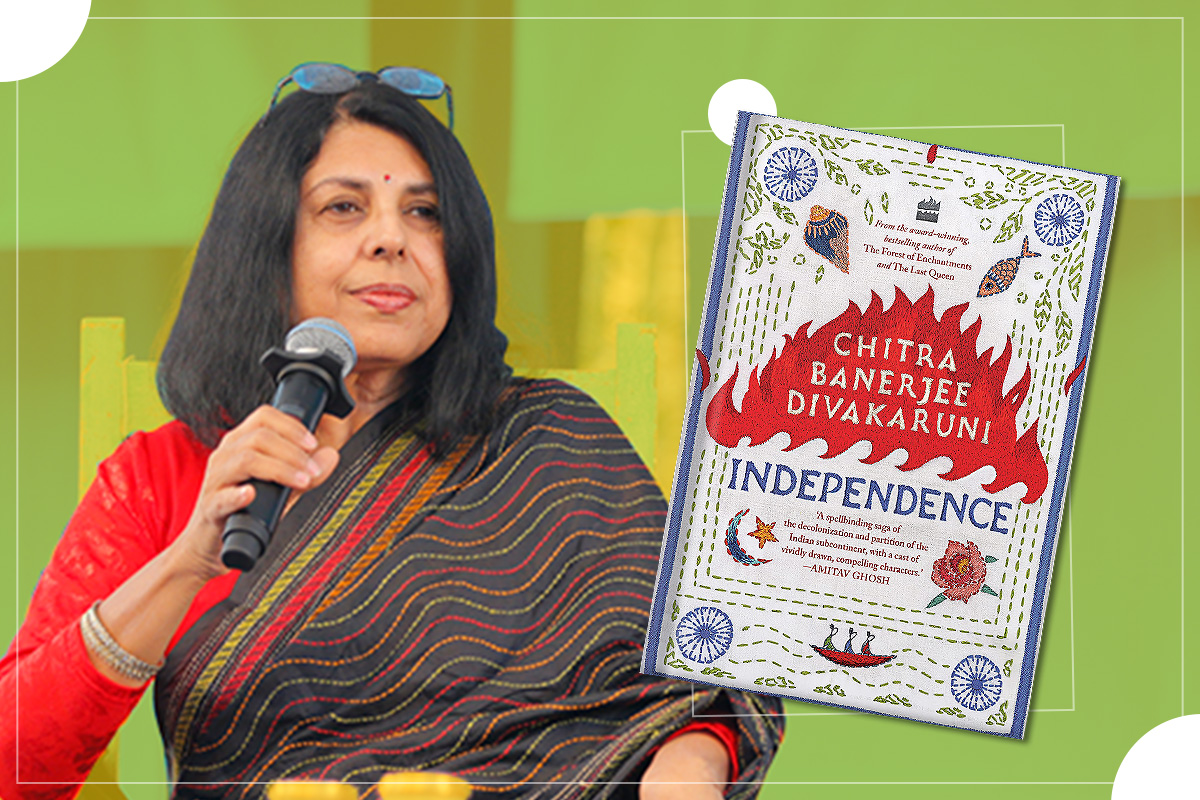

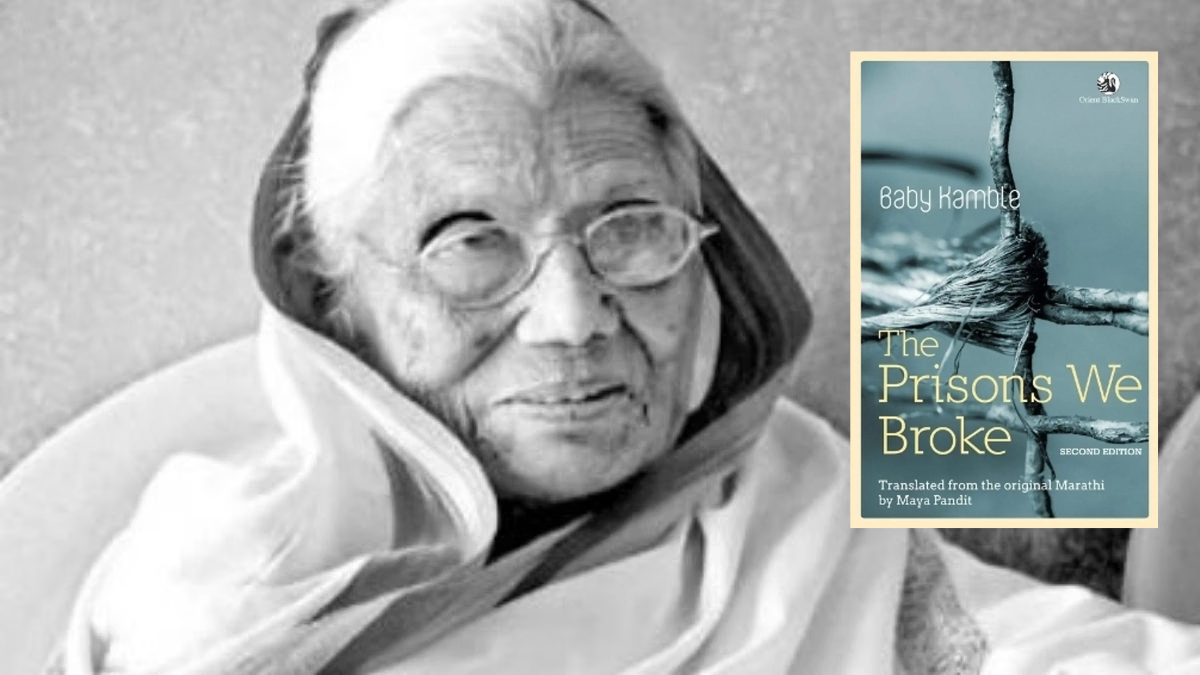

It’s nice. All the best!🌸